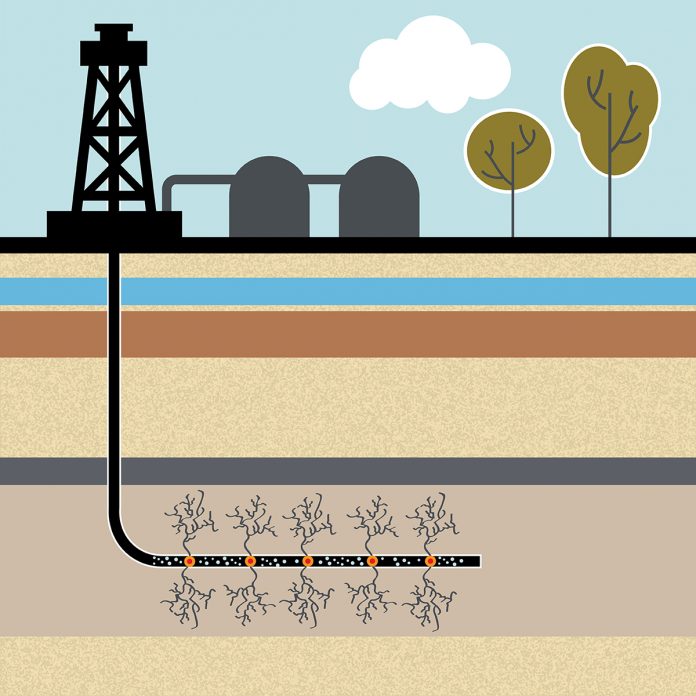
10 Things You Should Know About Oil and Gas Today
The Big Story
Crude prices fell by almost 5% overnight in response to increases in U.S. inventories for oil, gasoline and heating oil. As reported by Reuters:
Oil prices fell in early trade on Thursday after US crude, gasoline and heating oil inventories all rose more than expected, dousing hopes of a smooth recovery in demand from coronavirus lockdowns.
The decline extended losses from Wednesday on uncertainty about Russia’s commitment to deep oil production cuts in the lead-up to a June 9 meeting of the Organization of the Petroleum Exporting Countries and its allies, dubbed OPEC+.
US West Texas Intermediate (WTI) crude futures fell as much as 5 per cent to a low of $31.14 and were down 3 per cent, or 97 cents, at $31.84 at 0019 GMT.
Brent crude futures last traded down 2.3 per cent, or 78 cents, at $33.96.
Data from the American Petroleum Institute industry group showed crude stocks rose by 8.7 million barrels in the week to May 22, compared with analysts’ expectations for a draw of 1.9 million barrels.
Gasoline stocks rose by 1.1 million barrels, more than 10 times the build analysts had expected, and stocks of diesel and heating oil rose by 6.9 million barrels, nearly four times as much as anticipated.
Recoveries in the oil business never take place in a straight-line progression, and today’s bearish news comes after more than a week of nothing but bullish signals. This too shall pass.
Meanwhile, Chevron announced that it will be laying off 10 to 15 percent of its global staff as a a part of an ongoing corporate restructuring effort. Given that the company employs about 45,000 people, this means that 4,500 to 7,000 individuals will be put out of work. Very sad.
That same Reuters story quotes ExxonMobil CEO Darren Woods as saying “Today, we have no layoff plans,” but that doesn’t mean the company will not be announcing such plans in the near future.
A new report at The Center Square finds that the oil and gas industry in Texas reported 26,000 layoffs during the month of April. In the same month, the Texas oilfield service sector reported an additional 22,300 lost jobs. Altogether, the Texas economy saw more than 2 million unemployment claims from mid-March through the end of April. Stunning.
In Louisiana, a bill that would invalidate the dozens of Parish lawsuits that try to hold the oil and gas industry solely responsible for the state’s longstanding coastal erosion problem continued to move through the house of representatives. These lawsuits have severely depressed the industry in Louisiana in recent years by seeking billions in damages from the industry while ignoring the fact that Southern Louisiana’s land subsidence problem is mainly the result of 100 years of building levees and dikes along the Mississippi River, thus destroying the flooding and silting processes that created that land mass in the first place and replenished it over the centuries.
The Houston Chronicle reports that Russia is opposed to proposals to deepen the OPEC+ production cuts. Excerpt:
Russia is determined to start easing oil-output cuts in July, sticking to the terms of the OPEC+ deal reached in April, according to people familiar with the key producer’s position.
OPEC and its partners struck a historic accord last month to slash supply as the coronavirus pandemic savaged demand. They agreed the cuts would taper from July. But Saudi Arabia has since sought to prop up the market with extra cuts and Gulf allies have followed suit. As OPEC+ prepares to meet in two weeks’ time, members are weighing up whether to extend the curbs or ease them.
The Chronicle also reports that Royal Dutch Shell had to evacuate 9 crew members from one of its big Gulf of Mexico platforms due to an outbreak of COVID-19. There may have been others, but this is the first such incident I’ve seen on a GOM platform during this epidemic.
The Dallas Morning News reports that Dallas has become the latest big, Democrat-controlled Texas city to adopt a sham “climate action plan” being systematically pushed by climate alarmist lobby groups. Dallas thus joins Austin, Houston and San Antonio in moving down this costly, brain-dead socialist path. Too bad.
Bloomberg quotes Precision Drilling CEO Kevin Neveu as saying that “activity in U.S. shale basins is in for a ‘prolonged downturn,’ with drilling not rebounding until late in the second quarter of 2021 at the earliest, or the end of next year at the latest. That projection assumes governments respond to secondary Covid-19 outbreaks with less drastic measures than they used in recent months.” Sounds about right.
Finally, BloombergLaw has a solid analysis cataloging moves by pro-natural gas states (how ridiculous is it that we now have anti-natural gas states?) to pass laws prohibiting local communities from banning the use of natural gas in their jurisdictions. Good for them.
That’s all for today.
















